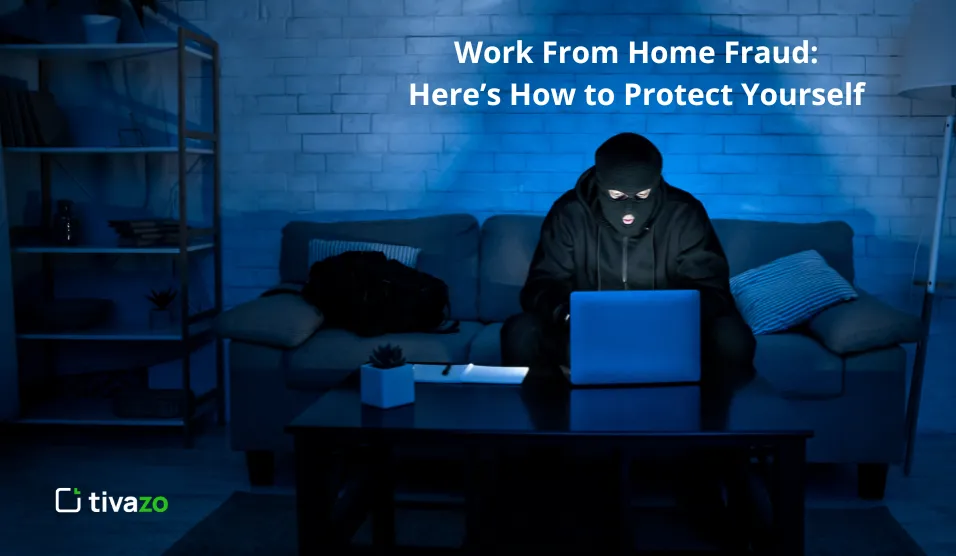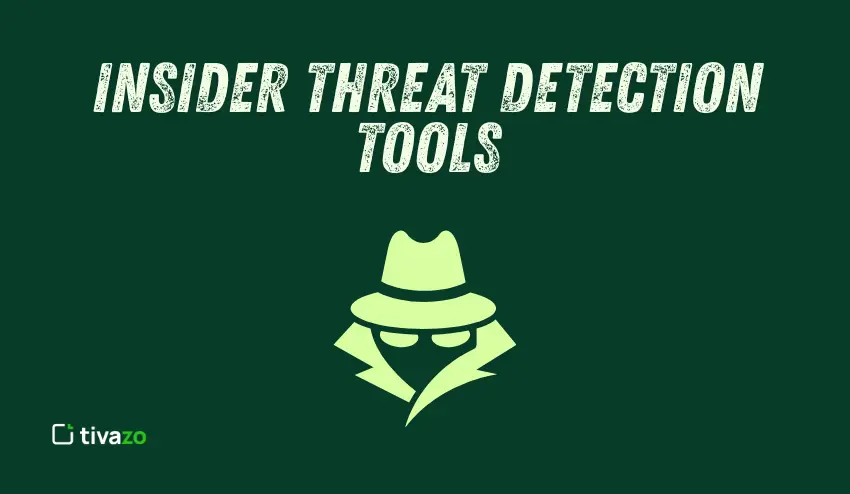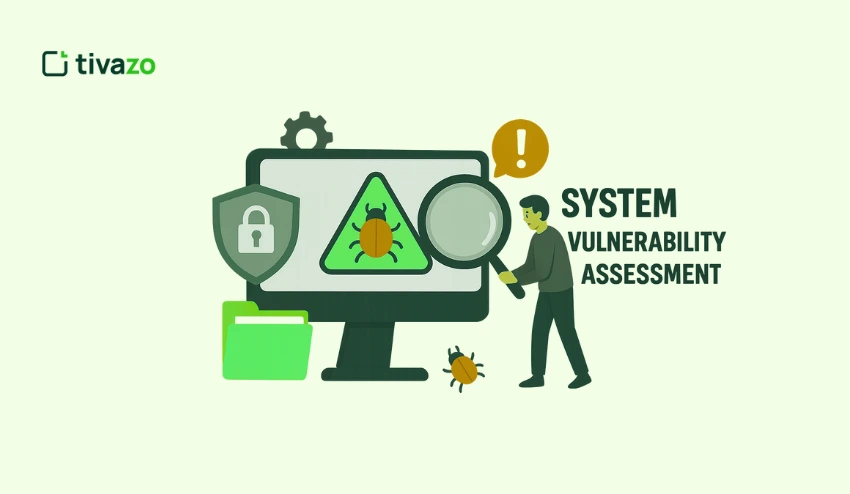Working from home sounds like a dream come true for many. No daily commute to deal with, you may have flexible hours, and even most importantly, you can earn money from the comfort of your couch. But behind that promise of all-around freedom is a dark side that preys on aspiring job seekers’ hopes and desperation for remote opportunities, one run by fraudsters. It’s the (WFH) work from home fraud, which, though not new, is evolving pretty fast.
According to the Federal Trade Commission (FTC) data, reports of this type of fraud, especially “task scams” involving fake gigs like app optimization or product boosting, jumped from zero in 2020 to 5,000 in 2023, then quadrupled to about 20,000 in the first half of 2024. Victims lost over $220 million, tripling the combined losses from 2020 to 2023. Unfortunately, for each reported case, there are many more that go unreported. That makes losses from job scams much higher than the official numbers suggest.
But here’s the thing: you don’t have to be part of the climbing toll, especially when you have this guide to keep you safe.
Common Types of Work From Home Fraud
Remote-based scams take on many forms but use the same playbook—meaning if you come across a ton of them, you’d observe familiar patterns. Below are some of the most common scams to take note of.
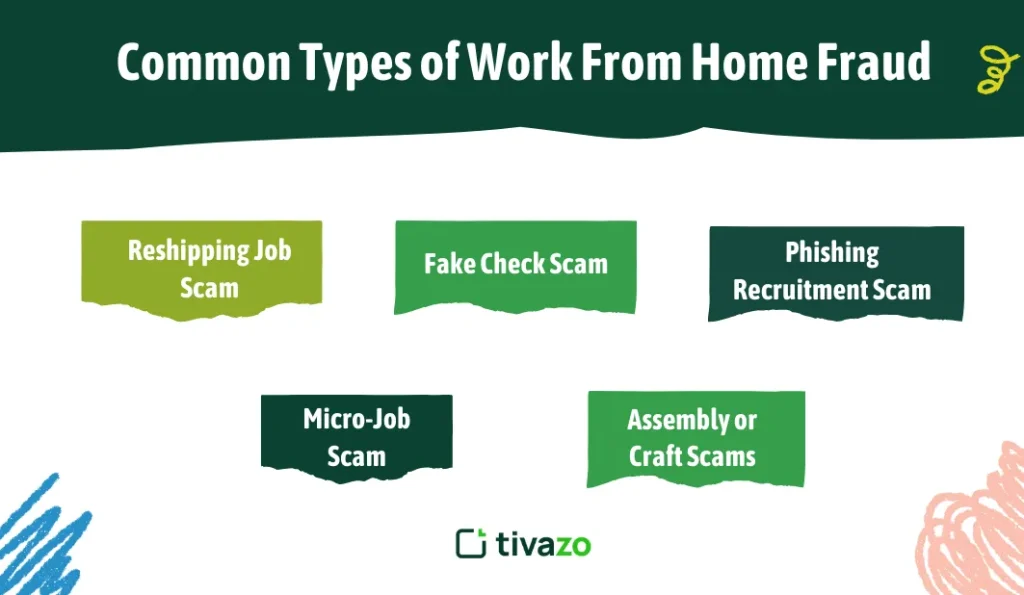
Reshipping Job Scam
The usual format for this scam is that you apply for or get “hired” to inspect and forward packages from home, sometimes under titles like “warehouse distribution coordinator” or “quality inspector.” The company provides shipping labels.
Typical entry-level work, which to anyone is a walk in the park. But what you don’t realize here is that those packages you’re to repackage and forward are often bought with stolen credit cards, making you an unwitting middleman for laundering stolen goods.
A large share of WFH job listings online is tied to such roles, as per the BBB report. What makes it dangerous is that, beyond losing money, you could get entangled in criminal investigations, due to copies of your ID submitted during the application that link back to you.
Fake Check Scam
In a fake check scam, also known as an overpayment scam, you may get a check from your supposed employer. Then, you’re asked for a reason that doesn’t typically make sense to return a percentage.
And you do that, without first clearing the check. But when you try to clear the check, it bounces. Now it turns out that instead of being paid, you were the one who gave money.
Phishing Recruitment Scam
You can’t deny the thrill of opening your inbox and seeing an email from that recruiter or company that you’ve long desired to work or intern for, with the opener “Congratulations,” details of your role, and then a link to “complete onboarding” or “set up payroll.”
Only that, in this case, the email isn’t from the real recruiter (if they’re recruiting at all). Clicking the link takes you to a convincing fake site that steals your login, Social Security number, or bank details upon entering them. This is why storing credentials securely in a family password manager can reduce the risk of accidentally reusing compromised passwords across multiple accounts.
Are phishing recruitment attacks prevalent? Yes! Look at it this way. Task-based scams accounted for nearly 40% of the total reported WFH scams in 2024, with phishing being the initial tactic deployed to lure victims. In 30.5% of the cases, malicious URLs in emails were the most common delivery method. In essence, you’re just an email or two from getting one if your inbox is set to auto-load emails from unknown senders.
Micro-Job Scam
This slowly escalating trap starts with you getting an invite to complete simple tasks (app installs, product reviews, or surveys) with small initial payouts to build trust. Then comes the kicker: pay for “tools” or move to paid tiers to earn more. Of course, you’ve been paid more times than you can count, so this offer shouldn’t be different, right? Wrong! It’s rather the bait that will lure you into the scam.
Keep in mind that the funnel here is psychological. Provide small wins, get participants hooked, and ask for money through crypto or gift cards with the promise of bigger wins. To sound even more convincing, post a couple of reviews from paid actors who now earn thousands of dollars doing absolutely nothing.
So you see all that and tell yourself, “I can’t miss out on this life-changing opportunity.” But when you pay the money, it’s radio silence from then on, and the mode of payment makes it nearly impossible for you to request a chargeback.
Assembly or Craft Scams
If you’re a crafty person looking for a work-from-home job, then you must know about this scam. It involves targeting people who enjoy working with their hands and are looking for a simple way to earn money from home. The setup sounds ideal: you assemble products, such as jewelry, toys, crafts, and decorations, or make handmade items for sale.
Before you start, the company may also suggest you buy a “starter kit” or purchase materials directly from them. When they tell you to purchase materials, they usually say that it’s necessary to meet “quality standards”.
Then, after you sent them the products you’ve made, the company may reject your work, claiming that it doesn’t meet their standards or saying that they’ve already moved on with another candidate. As a result, you lose money and time spent on crafting.
For most people, this offer sounds legitimate, but if it’s too good to be true, you should treat it with caution. If a job advertisement says that you’ll be able to make a huge sum per day or week, proceed with caution, or, better yet, don’t get involved, especially if you spot anything suspicious.
Why WFH Scams Work So Well
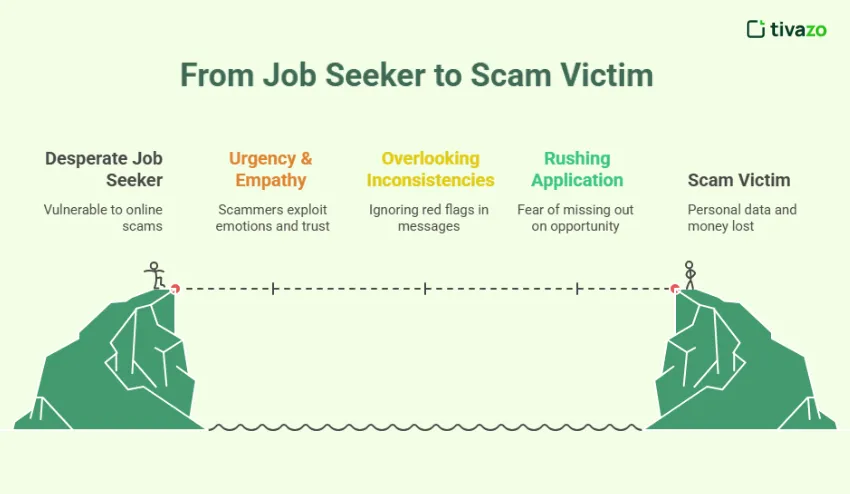
The answer is pretty simple: psychological exploitation. Scammers are skilled at bending the frame of trust and emotion to their will, especially if the victim is oblivious to their tactics or is outrightly desperate. Their messages are summed up around:
- Urgency. “We need someone to start today!”
- Empathy. “We understand how hard it is to find work right now. However, we’re willing to help.”
Eager to jump right back into the employment pool after being out of luck for a long time, you overlook small inconsistencies in their messages. This could be a misspelled company name, an unusual email domain, or vague job descriptions. It dawns on you that other applicants out there are already on it, sending their resumes in droves, and as per HR policy, early entries are given higher priority than their counterparts.
So you click whatever link is in the email, send your personal information, and even pay for training you’d likely never receive. As a result, you lose money, and your identity and credentials are compromised.
How to Spot a Remote Job Scam Before It Hooks You
Here’s a checklist that helps you tell genuine WFH offers apart from scams:
- The pay or role is too good to be true.
- There’s no interview or contract.
- Unclear company information. No physical address, verifiable website, or online presence.
- You’re forced to act fast without doing research.
- Unprofessional communication. Think poor grammar, generic greetings, or sketchy or general email domains.
- Requests for upfront payment. Legitimate employers will never ask you to pay for training, equipment, or software before starting work.
- Lack of professional tools or structure. Real companies use recognized platforms like Tivazo or other verified tools for time tracking, communication, and collaboration—scammers usually avoid these for traceability reasons.
What If You Suspect a WFH Scam?
Don’t panic (it does no one any good). But act fast, using these tips:
- Stop all communication immediately. Block their phone number, email, or social media account.
- Report the scam. The FTC (ReportFraud.ftc.gov) or the FBI’s Internet Crime Complaint Center (IC3.gov) are go-tos for complaints as this.
- Protect your identity. If you’ve shared your personal details, place a fraud alert with major credit bureaus and monitor your accounts closely.
- Change all compromised passwords. If you’ve used the same credentials elsewhere, update them immediately to prevent unauthorized access to your online accounts.
- Educate others. Share your experience with friends, family, or colleagues to help them recognize and avoid similar Work From Home Fraud attempts in the future.
Conclusion on Work-From-Home Scams

A huge part of the employment sector has gone completely remote, which is a win-win for both employers and employees. But with this shift comes its challenges, one being work-from-home scams. They are real with damning consequences, which makes them worth watching out for in your offers. If a job seems legit, confirm it by verifying its registration. This could be through state business databases or trusted platforms like the Better Business Bureau (BBB).
To stay truly safe in the remote landscape, awareness isn’t enough—you also need the right tools. Platforms like Tivazo help organizations and individuals build transparent, secure, and productive remote work environments. With Tivazo’s employee monitoring, time-tracking, and productivity analytics features, companies can verify legitimate remote work operations, track progress accurately, and maintain accountability.
As remote work continues to grow, pairing awareness with tools like Tivazo can help create a safer, more trustworthy remote-work ecosystem—where genuine opportunities thrive and scams are quickly exposed
